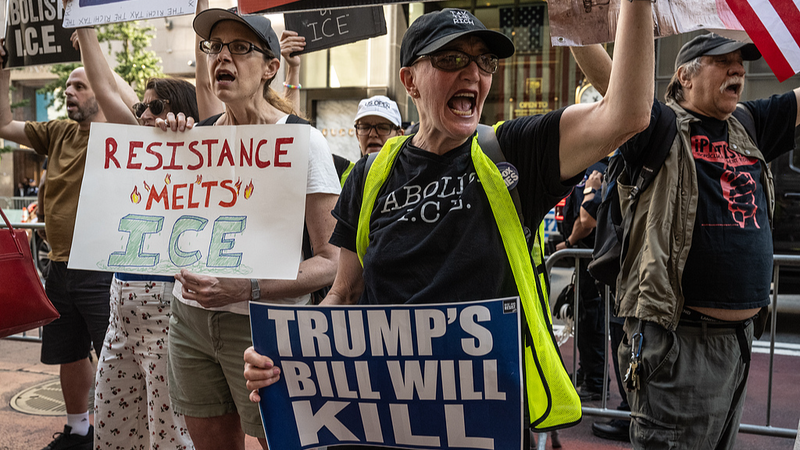As the United States marked its 249th Independence Day, scenes of fireworks and parades were overshadowed by a wave of crises1deadly floods, raging wildfires, mass shootings and sweeping protests1that painted a stark portrait of a nation in turmoil.
Natural disasters dim independence celebrations
From the West Coast to the Midwest, extreme weather upended festivities. Flash floods inundated low-lying towns, forcing evacuations and cutting power lines. Meanwhile, parched forests and heat waves fueled wildfires that scorched communities and sent smoke hundreds of miles across state lines. These events underscored the growing impact of climate change on even the most time-honored national traditions.
From gun violence to public protests
Just as families gathered for barbecues, news emerged of multiple mass shooting incidents, reigniting urgent conversations about public safety and gun policy. At the same time, demonstrations calling for social and environmental justice—themes long associated with Fourth of July ideals—erupted in city centers from Boston to San Diego. The juxtaposition of celebration and crisis offered a sobering reminder that liberty and security remain contested.
A path forward: Tech, policy and community resilience
In the face of these challenges, entrepreneurs and tech innovators are stepping up. Startups are deploying early-warning systems, drone surveys and AI-driven analysis to help communities prepare for floods and fires. Thought leaders and activists are pushing lawmakers to invest in climate resilience, gun safety reforms and equitable recovery plans that leave no neighborhood behind.
Global takeaways
For young travelers and digital nomads, the holiday disruptions highlighted the interplay between extreme weather and mobility. As the world watches, the United States’ July 4 experience serves as both a warning and an inspiration—showing how a diverse society can confront multiple crises with innovation, solidarity and renewed debate about its founding values.
Reference(s):
cgtn.com



